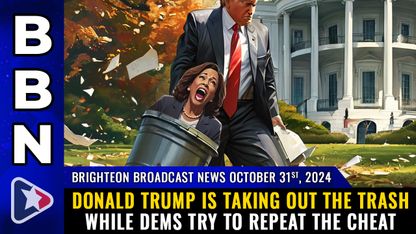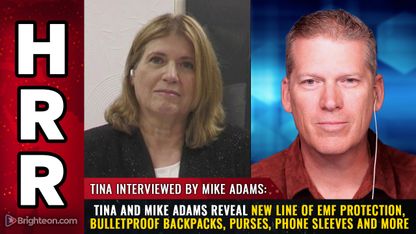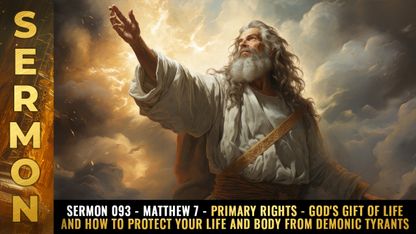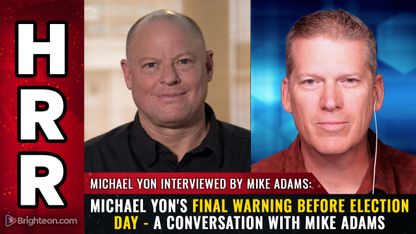
"These are two broad, subjective terms that have been used by tech giants to justify mass censorship," journalist Tom Parker wrote in an article for Reclaim the Net.
In August, Google announced partnering with globalist organizations, including the United Nations (UN), the World Health Organization (WHO), for the development of new censorship tools called "Fact Check Tools" aimed at "improving information quality."
Google's digital censorship tools like Data Commons harness the power of artificial intelligence (AI), specifically large language models (LLMS), using algorithms that can control information in the internet before people worldwide can no longer access it. "The goal is to have one point of view," a Naked Truth News article stated.
The tech giant reportedly has started using this to experiment with "building faster and more adaptable" censorship systems that will "allow it to take action even more quickly when new 'threats' emerge."
Reclaim the Net also reported that Google will use its generative AI Bard – seen as a rival to OpenAI’s ChatGPT – and its generative AI search results from Search Generative Experience (SGE).
About eight months ago, Redditor "CulturedNiichan" described Google Bard as a "crude moralist censorship based on pre-filtering the prompt with some sort of blacklisted words." The censorship is based on matching keywords and preventing the model from even giving an input.
Big Tech has the power to influence the 2024 presidential election with the use of Google Search and Google News – "subtle (and not so subtle) ways that do not result in the removal of content but could result in 'disfavored narratives' being suppressed and drowned out by these so-called authoritative sources, which are mostly pre-selected legacy media outlets." (Related: Google project is running “prebunking experiment” on social media.)
Big Tech censorship aims to control flow of information online
Google's censorship initiative is said to be "part of a years-long plan in the UN’s Global Digital Compact proposal aimed at controlling the flow of information online, including shutting down narratives not approved by the global body." (Related: Google forges deal with UN, WHO to unleash new global CENSORSHIP tool.)
Meanwhile, YouTube confirmed that it will enforce its existing censorship policies ahead of the 2024 presidential election, including those that apply to election "misinformation" and "harmful conspiracy theories." (Related: YouTube is pulling ‘Sound of Freedom’ interviews, reviews.)
These policies have resulted in the censorship of tens of thousands of videos and many popular channels that the platform has determined as having content aimed to mislead voters about the time, place, means or eligibility requirements for voting, as well as content that encourages others to interfere with democratic processes.
YouTube also said independent creators are now 14 times less likely to be recommended on election-related content – as the video-sharing website will only boost videos from "authoritative sources." In addition, the platform will demonetize videos that it has determined to contain "demonstratively false claims that could materially undermine trust, discourage voting, including those disputing the validity of voting by mail, etc."
Suspending channels from making money or removing them from the platform is a much bigger issue and one that is now back in the spotlight. The problem a lot of people have, or have had this problem for a long time since there’s nothing anyone can do about it – is that YouTube is pretty unclear about where the actual line itself is
Collectively, these announcements signal Google and YouTube’s intention of supercharging the mass censorship playbook that was deployed during the 2020 presidential election.
Read more stories about Big Tech censorship at BigTech.news.
Watch this video about weaponized censorship.
This video is from the Secret Harbour Sessions channel on Brighteon.com.
More related stories:
Rep Issa: Big Tech still playing the CENSORSHIP game on social media.
Rep. Issa: Bipartisan effort needed to fight big tech censorship.
Sources include:
Please contact us for more information.





















